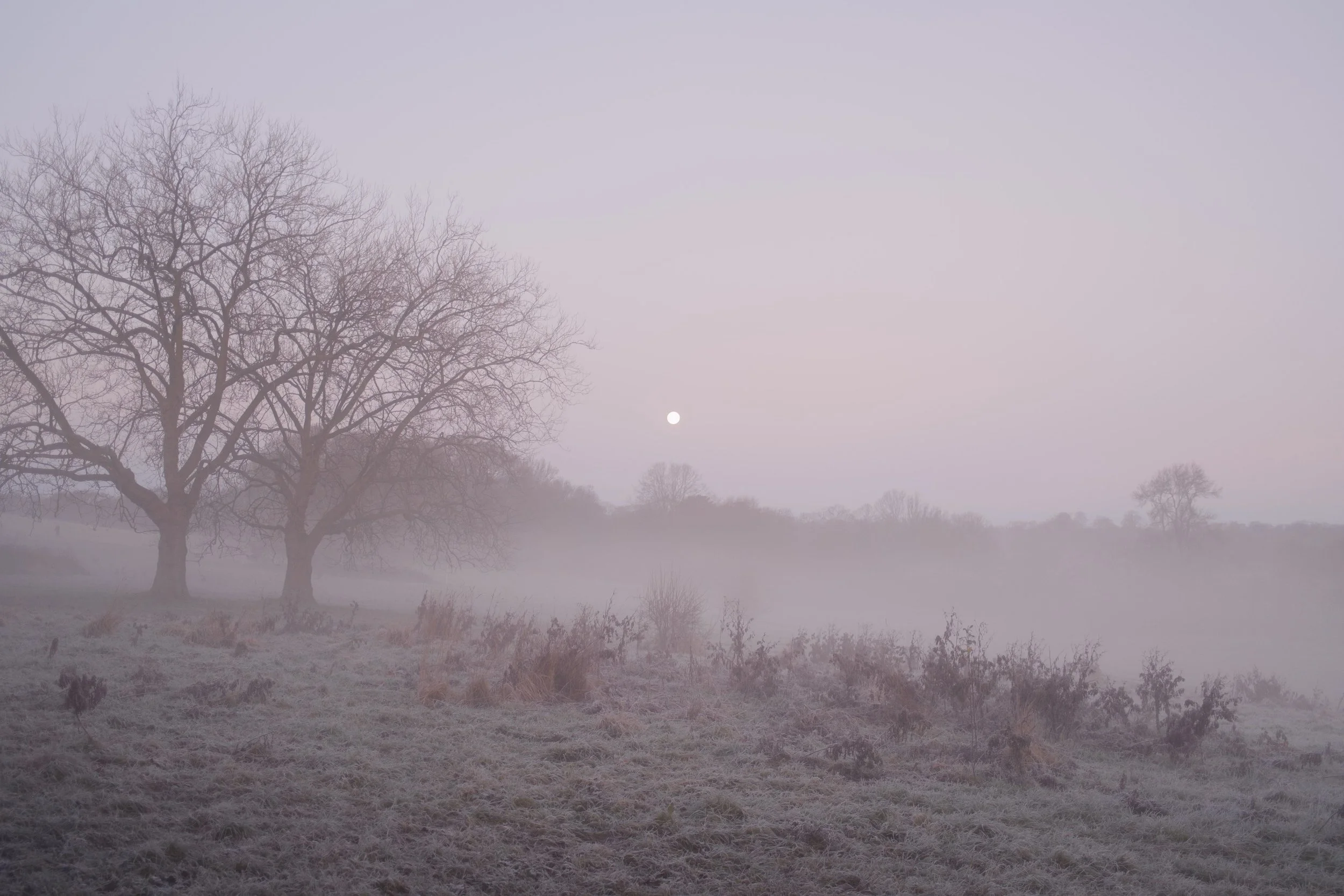How following impulses leads to interesting walks, helps to feel present, and increases creativity.
When I was thirteen years old, I went on a bike ride with my friend Raphael whose home I'd been staying at for a weekend sleepover. We quickly left behind the meandering village streets he knew. On we went without a destination in mind and only the vaguest idea of where we were. Fancying myself quite the explorer, I was driven by a ceaseless desire to discover what would lie behind the next bend. Upon climbing hilltops, we'd eye the next intriguing limit of the current horizon and set course to find out what lay beyond. It wasn't a particularly interesting landscape we voyaged through, but it felt vast, and something on that warm Summer afternoon kept us going. As the sky reddened above the setting sun, we realised we had neither the energy, time nor bearing to make it back to Raphael's house. Lucky to find a phone booth in a nearby village, I called my dad to the rescue. It was already dark when we loaded our bikes into the back of his trunk. The cicadas still ratcheted on in the fields that were all around us.
What reminded me of these events was a story about Christian Lewis, a man who went on his own impulsive adventure: One day, he started to walk along the Swansea coast on a whim, and he's not stopped since. To date, he's walked thousands of miles and started a family along the way while raising thousands for charity. Good things can come from acting on a whim.
Throughout the pandemic years, my action radius for outdoor exploration has been largely confined to Hampstead Heath in North London. In this piece of countryside amidst a metropolis, it is easy to stick to the paved paths and walk in large circles. It comes naturally to follow the same trail repeatedly without paying much attention. Routines are helpful, but they also put you on auto-pilot. When I'm on auto-pilot, life happens without me noticing. It's not just that I don't pay attention to walking (or driving, or a meeting). My brain switches off almost entirely. It's the opposite of being in flow or in the zone. If you've ever driven along an oft frequented road only to suddenly realise that you can't recall any of the past fifteen miles, you'll know what I mean. This feeling of 'anti-flow' sets the tone for the rest of the day. But if moving on auto-pilot dulls your thinking, can following whims achieve the opposite?
Yes. Anecdotally, at least, it seems that deliberately breaking habits can increase your mood and creativity. While scientific references for this phenomenon are hard to come by, one study showed that doing something - anything - differently every day improved subjects' ability to achieve a desired goal even if those actions were completely unrelated to said goal. Another book (which I haven't yet read myself) is cited as explaining that shaking up micro habits increases creative problem-solving skills by, say, taking a slightly different route to work or drinking water from a cocktail glass for example. Possible explanations include an increase in cognitive flexibility due to training ourselves to look for alternative ways of doing things, thus strengthening our problem-solving muscle. Another reason might be that we get a little serotonin hit from even slightly new experiences that turned out well, leading to reward conditioning for shaking things up even more.
More than twenty years after getting lost on that bike ride, I still remember it well. The sense of freedom and excitement is still palpable. While I won't be going on an impromptu year-long adventure anytime soon, I have tried to build up my whim-muscle, listening to my impulses and just rolling with them. They come as split-second visions: What would happen if I went down another path today? I've found that the trick is not to hesitate and just roll with it. This way, even after years of crisscrossing Hampstead Heath's undergrowth, I discover new pockets and views almost every week. In most other aspects of life, I'm not quite as impulsive. Dad can't save me every time, after all. But it at least makes me stop and wonder: what might the less obvious path hold in store for me?
Photos above from a Heath walk in January.
Originally published on my newsletter Seven Things.









